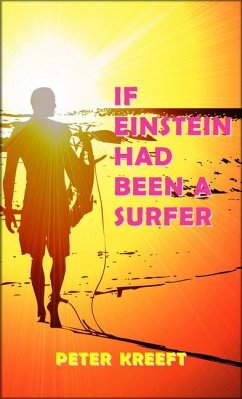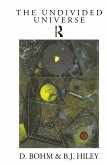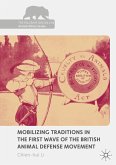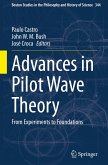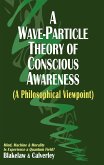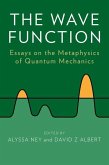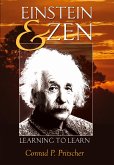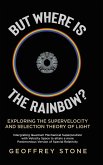(1) Science, (2) philosophy, and (3) poetry, myth, and mysticism are three modes of consciousness that are radically different today. We are usually very good at carefully distinguishing them so as not to corrupt them, reduce them, or to confuse them with each other. But almost no one tries to connect them in a synthesis in which each maintains its own identity yet each contributes to a greater whole that no one of them could attain alone - like a happy marriage. If we bring them together at all, it is only to focus in three different ways on a specific issue (like health care, or children's literature, or gender roles). If Einstein Had Been a Surfer dares to do it for Everything, or rather for a "Theory of Everything" that only scientists today dare to talk about. But how can a "theory of the whole" be discovered by a brain that is less than a whole brain? In this book all three dimensions of consciousness not only speak about a "theory of everything" but speak to each other in dialog. The three voices are incarnated in three characters from an upcoming novel, An Ocean Full of Angels: Evan Jellema is a theoretical physicist (and a clumsy Dutchman), 'Isa Ben Adam is a philosophical Muslim (and cantankerously clear), and Libby Rawls is a poet, mystic, and surfer (and a sassy, classy Black feminist). Isn't "surfer" a bit of a stretch? Not at all. Actually, the papers reported last year that an amateur scientist has in fact finally discovered, or claimed to have discovered, the "theory of everything" that Einstein failed to find and that scientists have been searching for ever since - and he is a surfer! Perhaps this is no accident, but a natural connection: the mind of the "soul surfer," having become one with the sea, has awakened its "third eye" which alone gives the scientist the binocular vision, the synoptic perspective, that he lacks. And perhaps only a philosopher can mediate the two other modes of vision, as Aquinas mediated and synthesized the science of Albert the Great and Aristotle with the poetry and symbolism of mystics like Augustine. This lively trialog, full of irony, intellectual surprise, and humor, is a serious call for a post-medieval synthesis. It does not claim to have arrived anywhere near the end of a journey to a "Theory of Everything," only to have begun it. Even that modest ambition will certainly be criticized a priori as impossibly ambitious. Does that tell you anything about the book, or does it tell you something about the critic?
Hinweis: Dieser Artikel kann nur an eine deutsche Lieferadresse ausgeliefert werden.
Hinweis: Dieser Artikel kann nur an eine deutsche Lieferadresse ausgeliefert werden.

